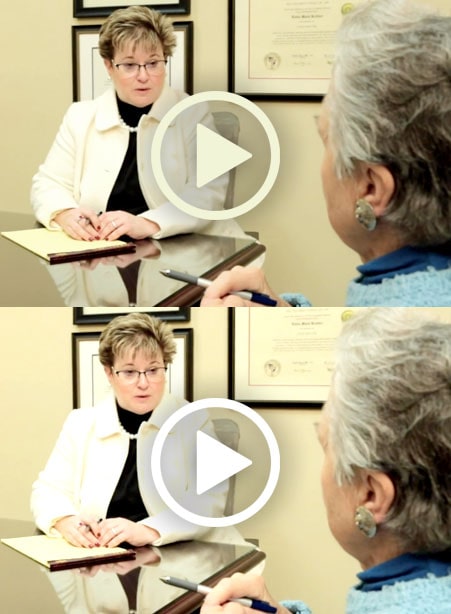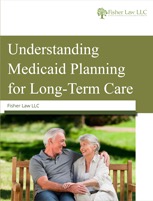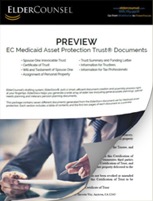Westwood Probate Lawyer
Help With the Right Type of Probate for Your Loved One’s Estate
If the task of executor or personal representative of an estate has fallen on you, it’s not a job you should try to complete on your own. There are simply too many tasks to complete and too many that require special expertise that it would be unfair to ask a spouse or child stuck with the job to do it on their own. Fisher Law LLC offers a skilled and experienced Westwood probate lawyer who can be your guide through the Massachusetts probate process to help ensure probate is concluded accurately with minimal additional time and expense to the estate. The estate’s beneficiaries will thank you for your diligence, and you’ll rest easy knowing you did your best to faithfully execute this difficult role.
File the Westwood Probate Procedure That Best Meets Your Needs
Massachusetts law actually includes more than one form of probate proceeding. Depending on the circumstances, you might not need to go through the formal probate process. Fisher Law LLC can review the estate and advise you on which form of probate is applicable to the estate. Here is a look at the different kinds of probate allowed in Massachusetts.
Informal Probate
Informal probate is an administrative proceeding supervised by a magistrate instead of a judge in probate court. There are no hearings, and an informal order can be issued as soon as seven days after the death, compared to the many months formal probate can take. To file an informal probate in Westwood, the following conditions must be met:
- You are in possession of the original will and official death certificate.
- You know how to locate and identify all the heirs to the estate and anyone who would receive real property from the decedent.
- The personal representative has priority for appointment.
- Any minor or incapacitated heir is properly represented by a guardian or conservator.
- The court is not requiring supervised administration.
- There is no reason that a judge would be required to sign an order or final decree.
Formal Probate
Formal probate takes place under the auspices of a probate judge who typically holds one or more hearings during the probate process. Reasons that would require formal probate include the following:
- You don’t have the original will, or it is marked up with additions, deletions or other changes.
- It is unclear what the terms of the will are.
- Someone objects to using informal probate.
- The court requires supervised administration.
- The judge has to appoint a special personal representative.
- The personal representative doesn’t have priority for appointment.
- Minors or incapacitated heirs are involved who aren’t adequately represented.
- The probate requires a judge to sign an order or final decree.
Late and Limited Formal Probate
If the decedent died on or after March 31, 2012, and no original estate proceeding has occurred within three years of death, you may be able to submit a late and limited formal probate, assuming you only require a formal proceeding to confirm the ownership of probate assets (not to sell or transfer property). This process can be used to accomplish the following activities:
- Submit the will into formal probate and determine heirs and devisees.
- Determine whether the decedent died intestate (without a will) and who the proper heirs should be.
- Appoint a personal representative to administer the estate.
- Appoint a special personal representative.
Voluntary Administration
In addition to the three types of probate discussed above, Massachusetts also has a more simplified process for small estates known as voluntary administration. Voluntary administration is available under the following circumstances:
- The decedent was a resident of Massachusetts.
- The decedent’s estate does not include any real estate, and the value of all personal property, excluding the value of a car, amounts to $25,000 or less.
- It has been 30 days or more since the death.
- The person filing the petition is an “interested person” (someone other than a creditor who is entitled to a share of the estate).
- No probate proceeding is currently pending.
Get the Right Proceeding for Your Westwood Probate
Choosing the right probate proceeding can help the estate’s heirs and beneficiaries receive their inheritance faster, with less hassle for the personal representative and less cost to the estate. Fisher Law LLC can help you determine the proper proceeding and guide you through every step along the way. For help with probate in Westwood, call Fisher Law LLC to schedule a consultation with a skilled and knowledgeable Westwood probate lawyer.





